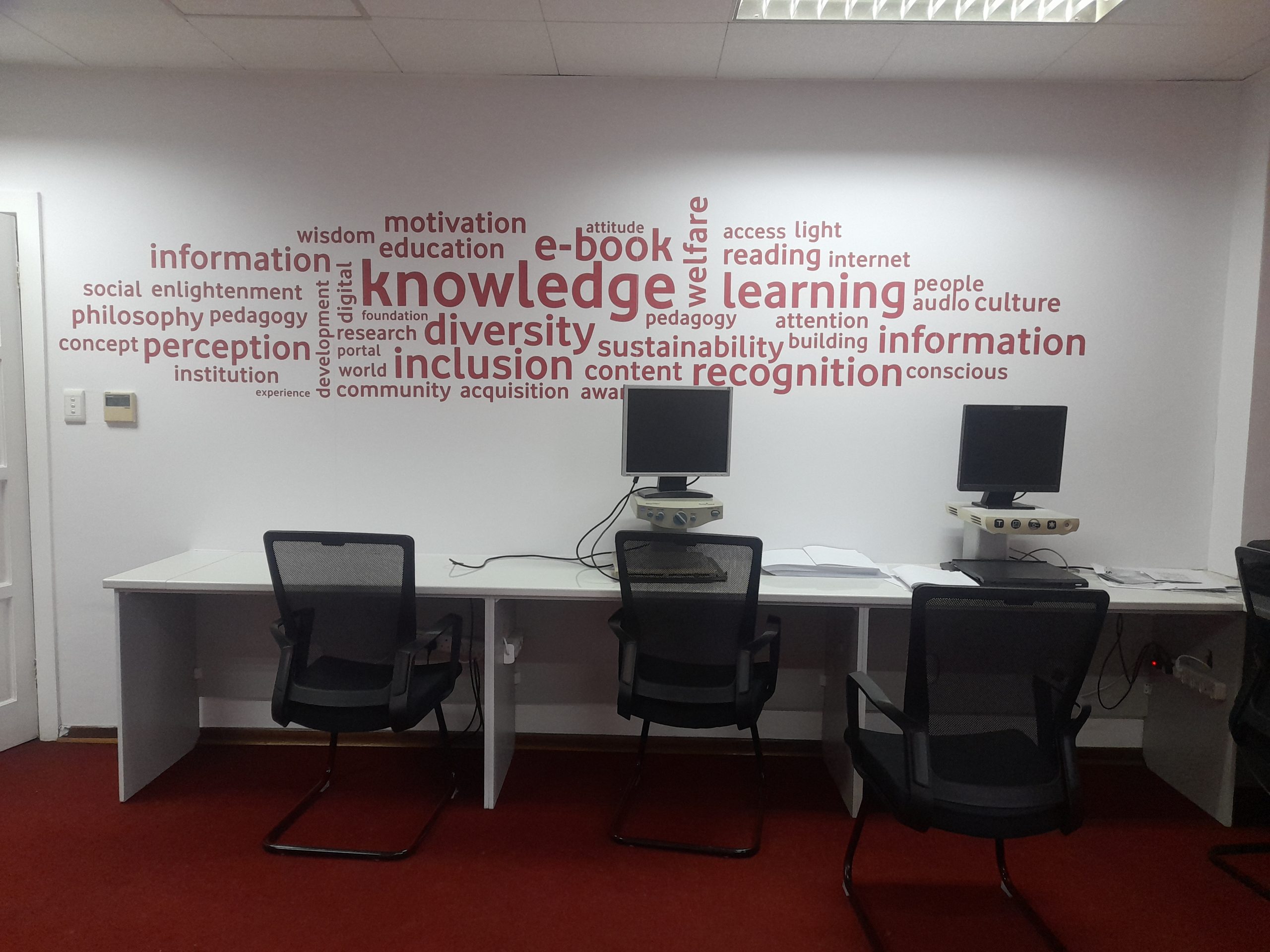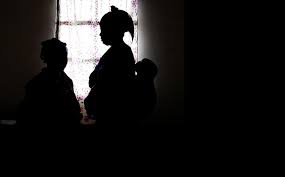For the visually impaired learners at St. Catherine’s Centre for the Blind, each day presents a challenge, compounded by a severe shortage of essential assistive learning equipment.
With 22 students currently enrolled, the centre’s scholars are forced to share outdated and malfunctioning braille machines, a situation that significantly hinders their learning process and negatively affects their academic performance, especially during exams.
The school caters to 14 male and eight female students with visual impairments, many of whom are grappling with these insufficient resources.
However, this week, a ray of hope shone through, thanks to a generous act from the Third Order Society of Saint Francis (TSSF), an Anglican religious formation.
In a heartwarming gesture, the TSSF donated six brand new braille writing machines, along with six packs of special braille paper, to the school. The learners joyfully celebrated the donation with songs during the handover ceremony.
The timely support was made possible through the Monaco Department of International Cooperation, which responded positively to a funding request from TSSF aimed at alleviating the plight of the centre, located within the grounds of St Catherine’s High School.
The TSSF is an inclusive Anglican/Episcopal religious order comprising individuals from all walks of life—whether single or in relationships, lay or ordained—who adhere to Franciscan principles and live out their faith “in the world.”
The society draws its inspiration from St. Francis of Assisi, one of the church’s most revered saints, known for his deep compassion and inclusivity.
The ceremony was graced by the Anglican Church of Lesotho Bishop, Reverend Dr. Vicentia Kgabe, who also serves as the Bishop Protector for the African province of TSSF. Other attendees included TSSF members from Lesotho and the school management, among others.
Chaba Mokuku, a TSSF member in Lesotho, shared the motivation behind the donation.
“After witnessing the struggles of the visually impaired learners and the increasing number of students at the centre, we felt compelled to act,” Mokuku explained.
“I learned about the Monaco Department of International Cooperation through a friend in Switzerland. St. Catherine’s Centre for the Blind had previously benefited from one braille machine we donated, but the need for more equipment was still immense.”
In her speech, Rt. Reverend Dr. Kgabe emphasised the importance of visually impaired individuals in society, noting their presence across all social groups, including in the church.
She underscored the importance of creating environments conducive to their success, starting with the school setting.
“The TSSF’s donation of six new braille machines and braille paper will significantly enhance the educational resources available to our learners,” Dr. Kgabe said.
“We express our deepest gratitude to the Third Order Society for their generosity. This contribution will play a vital role in improving the educational experiences of our learners and advancing their development.”
She also expressed her thanks to the Monaco government for their instrumental role in supporting vulnerable learners in Lesotho.
On his part, Grade 11 student Relebohile Lebeko expressed optimism, saying the new equipment would enhance their academic performance, especially in subjects like mathematics and Sesotho.
“We are hopeful that with these new machines, we can excel in our studies,” Lebeko said.
A cry for more learning equipment
Despite the recent donation, there is still a dire need for more resources, according to Dr. Ntoa Nkanda, the principal of St. Catherine’s Centre for the Blind.
“Education for these learners is far more expensive compared to that of normal students,” Dr. Nkanda said. “A standard pen costs less than M10, but a braille machine, which is necessary for visually challenged students, can cost between M15,000 and M20,000.”
He added that the school often struggles to afford the repair of broken machines and has resorted to salvaging parts from damaged devices to keep others operational.
“These machines arrived at the perfect time, as our existing ones were all worn out and malfunctioning. We are grateful to the TSSF for their intervention. However, more assistance is needed. The number of learners, 22, far exceeds the six machines we now have.”
Despite the recent boost, it is clear that the need for additional resources remains critical. The generosity of the TSSF and their partners has provided a much-needed lifeline for the students, but the journey toward equal educational opportunities for visually impaired learners in Lesotho is far from complete.
Summary
- The timely support was made possible through the Monaco Department of International Cooperation, which responded positively to a funding request from TSSF aimed at alleviating the plight of the centre, located within the grounds of St Catherine’s High School.
- The TSSF is an inclusive Anglican/Episcopal religious order comprising individuals from all walks of life—whether single or in relationships, lay or ordained—who adhere to Franciscan principles and live out their faith “in the world.
- “After witnessing the struggles of the visually impaired learners and the increasing number of students at the centre, we felt compelled to act,” Mokuku explained.

Authored by our expert team of writers and editors, with thorough research.










